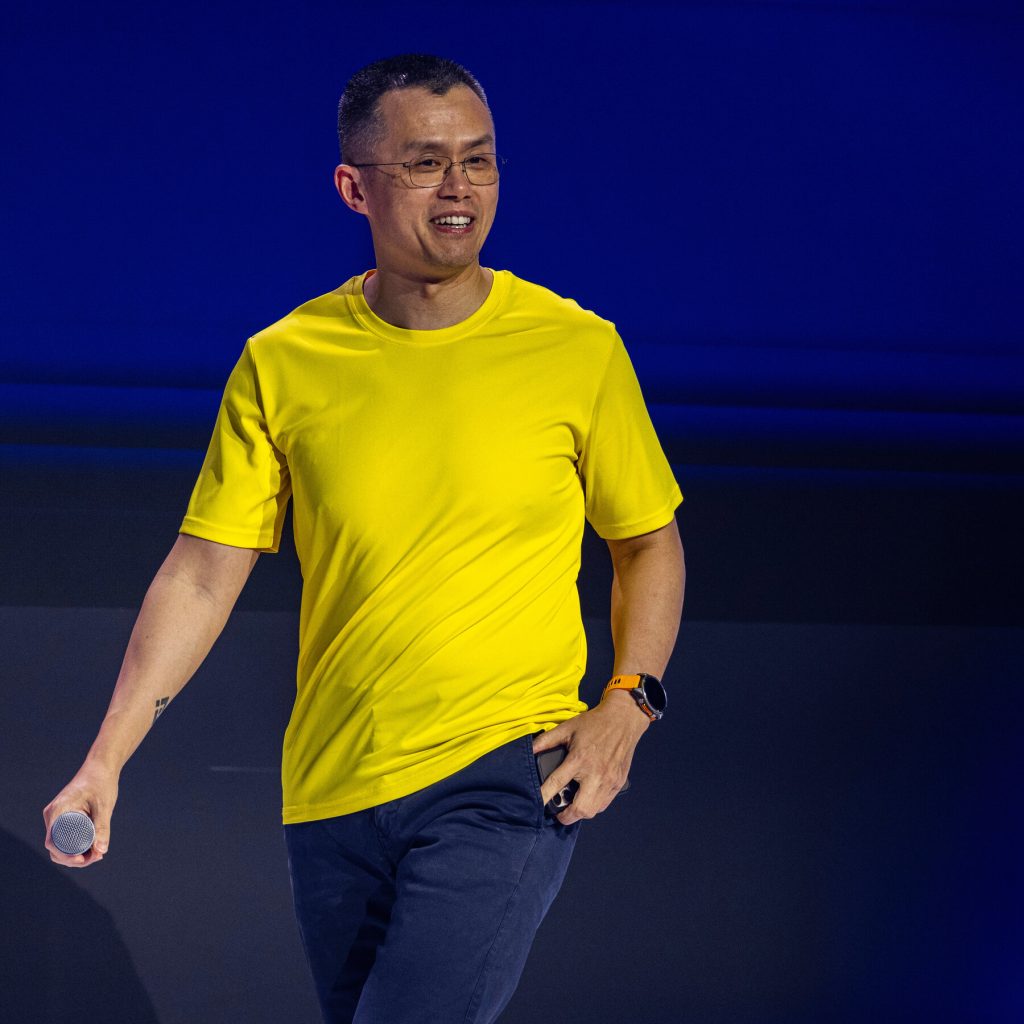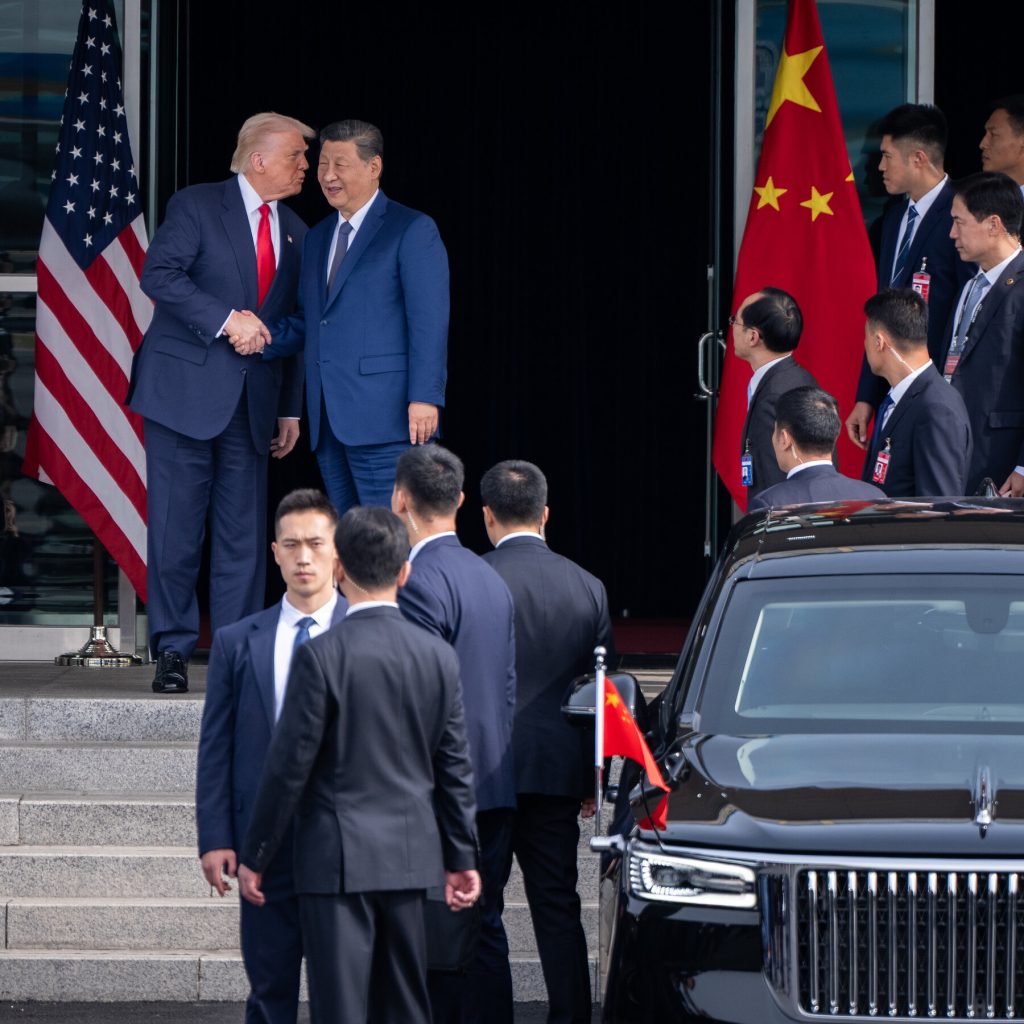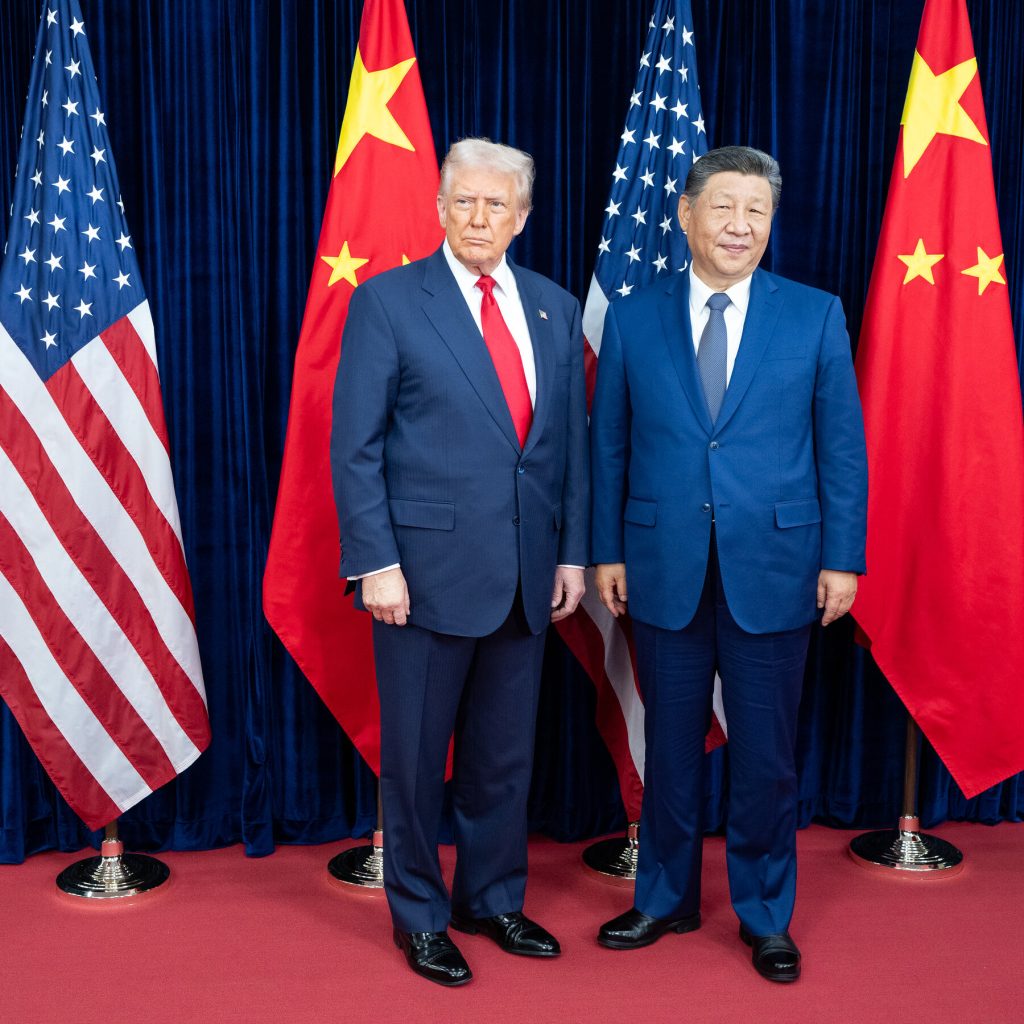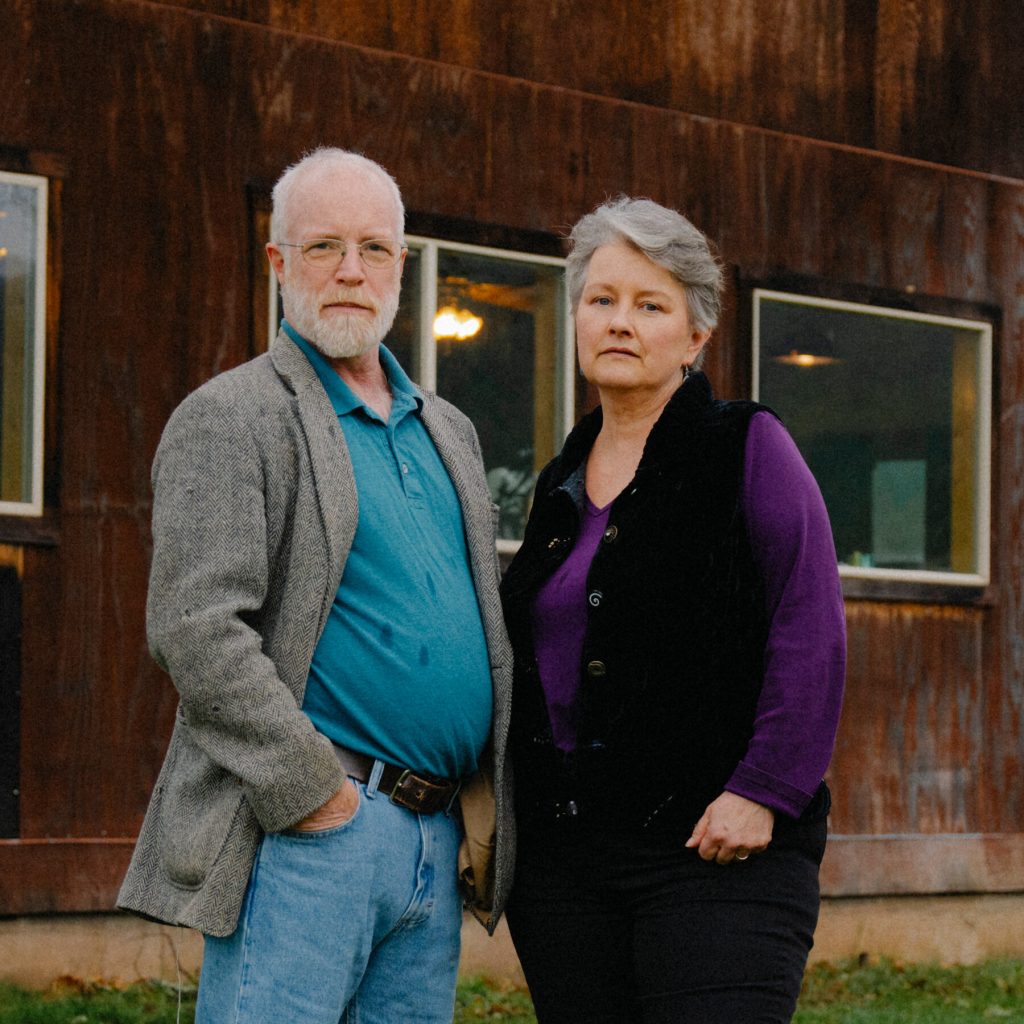Trump Pardons Founder of the Crypto Exchange Binance

In a shocking move, former US President Donald Trump has granted a pardon to Changpeng Zhao, the billionaire founder and CEO of Binance, one of the world’s largest cryptocurrency exchanges. Zhao, often referred to as the richest man in crypto, had previously admitted to violating US money-laundering laws, which allowed illicit actors, including terrorists and other serious criminals, to move funds through the Binance platform.
According to sources, Zhao’s guilty plea was part of a larger settlement with the US Department of Justice, which had been investigating Binance for several years. The probe had uncovered widespread failures by the exchange to comply with anti-money laundering regulations, enabling malicious actors to exploit the platform for their own gain.
The terms of the pardon, which was reportedly issued in the final hours of Trump’s presidency, effectively wiped clean Zhao’s record, avoiding any potential prison time or financial penalties. While details of the pardon remain scarce, it has sent shockwaves through the cryptocurrency community, with many questioning the implications for accountability and oversight in the rapidly evolving digital asset space.
Zhao’s Binance has long been a dominant player in the global crypto market, with a reputation for offering a wide range of trading services and assets. However, the exchange has faced mounting criticism from regulators and lawmakers over its perceived lack of transparency and accountability. The pardon has raised concerns that the crypto industry may be perceived as having too much influence over policymakers, potentially undermining efforts to establish robust regulatory frameworks.
The move has also sparked debate about the extent to which Trump’s outgoing administration was willing to accommodate the interests of the crypto sector, which has historically been a contentious and complex issue in Washington. As the crypto landscape continues to shift and mature, all eyes will be on Zhao and Binance to see how they navigate the increasingly complex regulatory environment.






